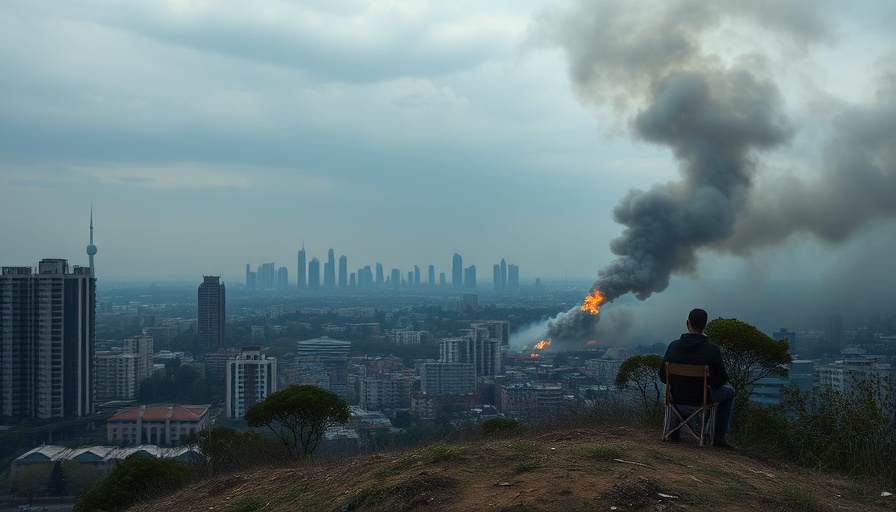
The Internet Shutdown: A Defense or Suppression?
This week, the Iranian government made headlines with a near-total national internet blackout, a move claimed to be a necessary defense against perceived cyber threats, particularly from Israel. The official reasoning behind the drastic measure points to numerous cyberattacks targeting Iran's critical infrastructure, including the functioning of banks and cryptocurrency exchanges. Fatemeh Mohajerani, a spokesperson for the Iranian government, stated, "Security is our main concern, and we are witnessing cyberattacks on the country’s critical infrastructure." The international community is left questioning whether this shutdown is a preventative measure or an act of suppression, restricting citizens' access to information and communication.
The Impact on Information Flow and Personal Connections
As the absence of internet access takes hold, many Iranians struggle to keep updated on critical events, including the ongoing conflict with Israel. Citizens face challenges in obtaining information not only about the war but also about local news or international responses to the situation. This disconnection can amplify feelings of isolation among families and hinder vital communication with friends and relatives both inside and outside the country. Compounding these pressures, many are concerned about how the government may use these circumstances to control narratives and manipulate public perception.
Global Responses: Echoes of Concern and Silence
While Iran cites security concerns as its primary driver for the internet blackout, the international community has voiced worries regarding the implications for human rights and media freedom. Reports indicate that the Israeli military has implemented restrictive measures on foreign media coverage of missile strikes, raising alarms that such actions aim to hide governmental actions from scrutiny. Advocates for human rights and free speech urge global leaders to decisively call out these actions and reaffirm the importance of access to information.
The Role of Cyber Warfare in Modern Conflicts
Cyber warfare is becoming increasingly critical in conflicts around the world, with nations employing technology to disrupt each other's operations and infrastructure. The situation in Iran serves as a vivid reminder of how cyber threats can escalate to broader national security concerns. As attacks become more frequent and sophisticated, states must grapple with the need to protect themselves while balancing the necessity for transparency and citizen access to information. A key question arises: How can nations protect themselves without undermining citizen rights? The balance remains precarious, particularly in societies already facing significant pressures on personal freedom.
Future Predictions: Will We See More Governmental Internet Restrictions?
The implications of Iran’s actions may resonate far beyond its borders, possibly setting a precedent for other nations facing similar geopolitical tensions. As countries look to bolster their security in an increasingly digital world, we might anticipate an uptick in internet restrictions under the guise of protecting national interests. Citizens worldwide must remain vigilant, advocating for transparency and open communication, ensuring that governments do not abuse such powers.
Furthermore, the role of civil society in addressing these issues cannot be overstated. Advocating for digital rights and calling for accountability, civil organizations will be key players in pushing back against encroachments on freedom as technological warfare expands.
Conclusion: The Dilemma of Protection vs. Suppression
This internet blackout exemplifies the ongoing debate between national security and civil rights in our increasingly technological society. The Iranian government’s justification of its drastic measures clashes with the critical need for transparency and freedom of communication. As we observe these developments, it is essential for both journalists and citizens to remain committed to fostering and safeguarding freedoms in the face of evolving threats.
We must engage in conversations about the implications of such actions on global human rights standards and push for a future where technology is used to empower rather than restrict.
 Add Row
Add Row  Add
Add 



Write A Comment